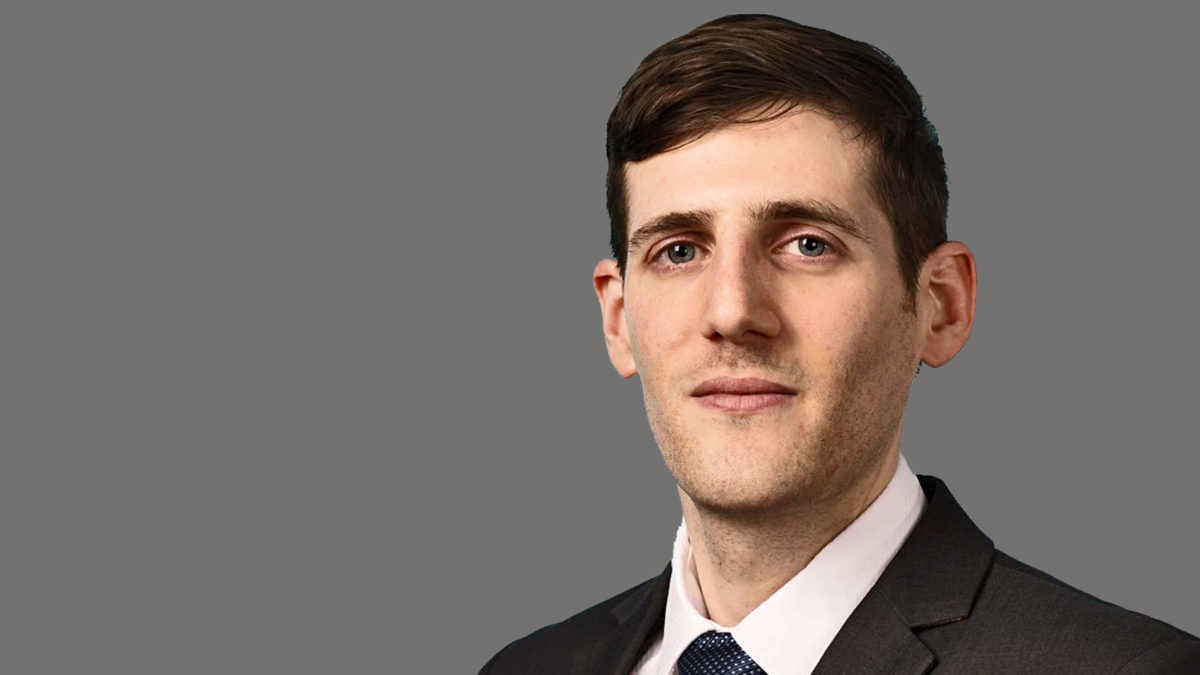ESG, impact trends playing out in fixed income
While ESG investing through equities attracts most of the limelight, fixed income is increasingly gaining the attention it deserves. The asset class is, after all, about 40 times the size of the equities market.

In a webinar last week to coincide with World Earth Day (April 22), Insight Investment Australia hosted Joshua Kendall, the firm’s global head of responsible investing research and stewardship, and Peter Bentley, deputy head of fixed interest, both based in London. Three of the major trends the firm saw developing in the space, they said, were:
- Increasing globalisation in the integration of ESG principles in fixed income, which until recently had been largely confined to Europe. “We are seeing the first, early, signs of its adoption in North America,” Bentley said. The US has probably been the western world’s laggard in ESG among institutional investors.
- A gradual move towards impact investing. “Logically, portfolios that allow long-term tilts to certain values will have at least some portion in impact,” he said.
- Increasing transparency. Outside of investment grade fixed income, there was a number of challenges, Kendall said. “We need a greater effort in high yield and emerging market companies. We are leading the way in our efforts to improve the data, but we need greater collaborative efforts from investors … as well as regulatory efforts.”
Kendall said that of the 300-or-so impact bonds which the firm had assessed in recent years, about 10 per cent were rejected. Of these, the most frequent reason was for not adhering to best practice issues, such as transparency.
He added, though, the trend was moving in the right direction. In 2019 about 20 per cent of the impact field assessed was rejected but this had fallen to 9 per cent last year. The three criteria for assessing impact bonds were: the overall ESG profile of the issuer; recognition of the emerging best practice around transparency and a commitment to it through to maturity; and, the quantitative impact of what difference the bond will make, such as on reducing carbon emissions.
Bentley said: “If it’s done well, you can deliver returns as well as helping to build a future that you’re working towards for the environment and society.”
For its global credit strategy, which has included ESG principles since its inception in 2011, the return has beaten the global benchmark by an average of 1.5 per cent a year. Since 2018 and the launch of a sustainability focused version, that fund has outperformed the benchmark by 3.8 per cent annualized for two years.
Bentley said that the four main ingredients for an integrated ESG strategy in credit were data management, a strong process, access to a full range of credit markets and “21st Century portfolio management techniques”.
Insight Investment’s process involves first reducing its investing universe by applying several screens covering climate, various ESG criteria, sector exclusions, such as tobacco, gambling and defence industries, and companies which have breached the UN Global Impact on issues such as human rights. This leaves about 82 per cent of the estimated 16,000 investable securities which have a total value of about US$13 trillion.
For its positive screens, the manager holds a minimum of 10 per cent in impact bonds, makes sure it has a carbon intensity score which is better than average and an overall ESG score which is also better than average.
The firm has been looking to create a responsible culture throughout the organisation and to that end has formed ‘IROC’ (the Insight Responsible Oversight Committee) which is chaired by Abdallah Nauphal, the firm’s chief executive, and reports to the executive management committee.











